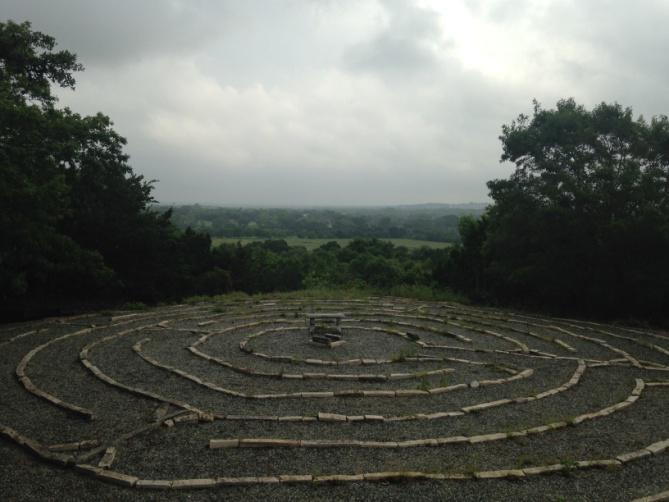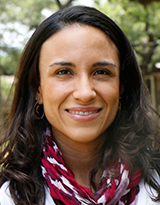“I cried and I cried and I couldn’t shake that [travel] experience, not that I want to shake it and get rid of it, but it was so close to me and I felt so called to it that I was impacted viscerally.” (Participant 11, from the dissertation, Beyond the U.S.: A qualitative study on the impact of traveling abroad for counselor education and supervision students).

I recently returned from a conference where I presented a poster titled “Travel that transforms: A qualitative study on travel and cultural exposure.” This topic has been near and dear for me for the past three years, and if I’m truly honest with myself, my entire life. I have spent the past three years understanding and searching for the reasons that counselor educators travel, and even more importantly, how their trips informed their work and impacted their lives.
However, despite the fact that this was my dissertation topic, I remember feeling a bit “lukewarm” about it after I came back from the conference. When I presented I found myself answering all the questions that emerged, and yet it felt as though something had changed for me. I asked myself, where was my passion for travel? Yes, traveling yields an increase of cultural sensitivity, openness, enhanced professional and educational development, and self-reflection, BUT there is a less measurable reward… travel transforms. The question remains, what is it that allows travelers to be transformed?
Writer and psychologist Jeffrey Kottler writes in his book Travel That Can Change Your Life: How to Create a Transformative Experience, that “there are two main reasons humans travel, because they need to and because they want to” (Kottler, 1996, p. 14). This “need” and “want” comes in the form of pilgrimages, business trips, study abroad programs, back-packing, etc… People may spend hours trying to detail as closely as possible their experience seeing the Himalayas for the first time, or entering a mosque, or even describing what it was like to eat real Italian food. In the end, however, he encourages readers to make traveling a meaningful experience, one that involves a personal journey that moves beyond museum and cuisine.
How does Transformation Happen?
When I look back and “sit with” the findings of my dissertation study, I realize that although the participants included in the study gained immense experience working with diverse populations, there was an overarching theme that emerged. This overarching theme was what Edmund Husserl called the essence of the experience. In the case of this study, the essence was that travel is transformational; a transformation that includes the willingness to be open and vulnerable in relation to self and others. What I came to understand from these participants was that transformations came in the form of being at the mercy and kindness of others, experiencing vulnerability, discussing internal struggles, and overall feeling a sense of nakedness and rawness when encountering difference. Even further, what I came to learn from these participants was that the motivation for travel boiled down to the following:
- We seek connection with ourselves
- We seek connection with others
- We seek connection with something beyond ourselves
Encountering the Other
This semester I’m teaching a class called social, cultural, and family diversity the purpose of which is for students to gain the proper skills, knowledge, and awareness to work with differing populations. Themes discussed include understanding privilege, marginalization, discrimination, and encountering “the other.” Students are expected to follow the guidelines outlined from the counseling profession called The Multicultural and Social Justice Counseling Competencies (MSJCC).
I often ask myself how I can encourage or recreate an experience just as transformational as travel. How can I introduce the concepts of privilege and encountering the other in the same powerful way? How can I use what I found in my research to help educate others within our community and future counseling students? These questions are constant motivators for me, and I think it’s safe to say that I’m seeking to connect in the same way that those travelers did.
So I ask you the following questions:
- In what area (s) in your life are you seeking transformation or change?
- When you look back at the trips you’ve taken, what stayed with you? How did these experiences change how you see others? More importantly, how did they change how you see yourself?
Dr. Stephanie Ramirez is Assistant Professor of Counselor Education. Her research interests include counseling outside of U.S. borders, social justice and multicultural awareness and diversity. She has counseled clients in a variety of settings including providing counseling and advocacy services for undocumented women experiencing domestic violence, worked with senior adults and caregivers, and has recently worked with at-risk youth.


